The owners of an unlicensed Indigenous pot shop are celebrating after the Stratford police services board said “no extra attention would be paid” to the business at Wednesday’s meeting.
By Galen Simmons • Sep 14, 2023 • Stratford Beacon Herald
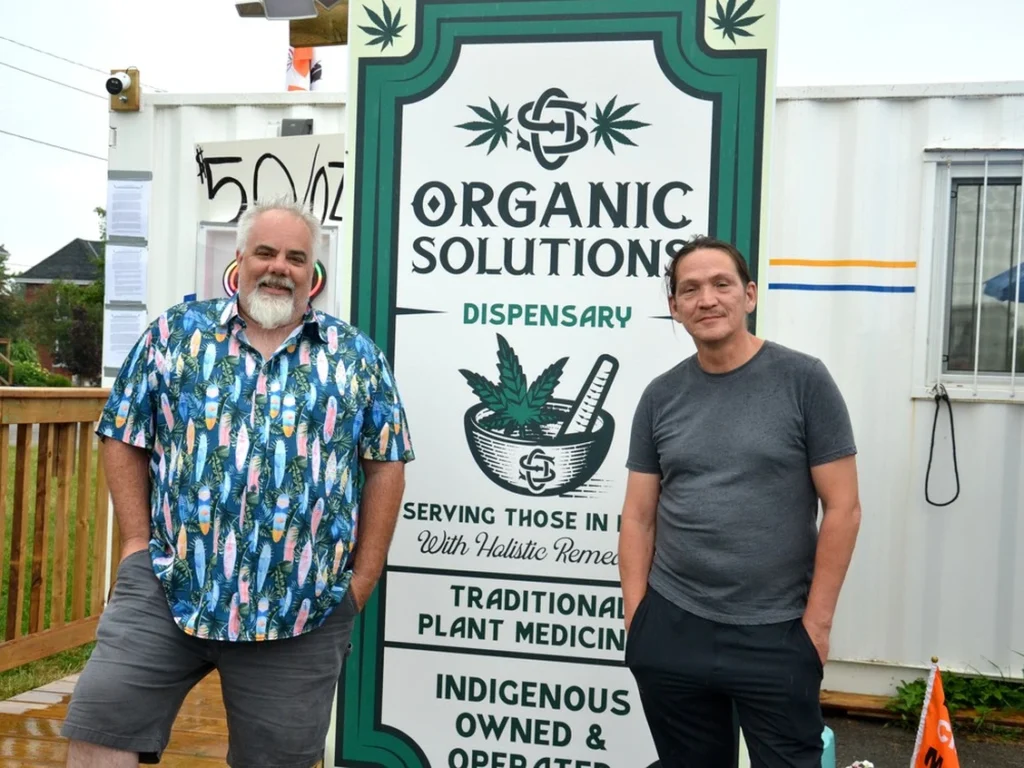
The Indigenous co-owner of an unlicensed medical marijuana dispensary says he feels validated after both Stratford police and its police services board said there would be “no extra attention paid” to his business.
“I feel really good. It sort of made my day. It takes a lot of stress away from the situation,” Kirk Marquette said after Wednesday’s police services board meeting.Join the conversation.
Opened in June by Marquette and co-owner Tom Jackson, the Organic Solutions dispensary on Monteith Avenue quickly drew the attention of Stratford police. Chief Greg Skinner previously told board members officers had received two public complaints about additional traffic generated by the shop and potential safety risks associated with customers smoking and driving. At the time, Skinner said police were working with city bylaw officers and consulting with the Crown attorney’s office to determine if police should be taking any enforcement action against the unlicensed business.
Stratford police Insp. Mark Taylor told the board Wednesday there had been no further discussion of enforcement with either the Crown or local bylaw office.
“We’ve got no further response from the government or anyone else as far as what to do,” Taylor said. “There have been some other (Indigenous-owned dispensaries) that have popped up in Ontario and, right now, it’s status quo. … (We’ve had) some minor complaints from some of the other dispensaries in town, but that’s it.”
Chair Tim Doherty said the board, after conversations with the chief, was satisfied with the “status quo” while waiting for further direction.
“I don’t think there needs to be any extra attention paid to this particular business. We’ll carry on as we have in the past,” Doherty said.
Similar to other unlicensed Indigenous-owned marijuana dispensaries in cities like London, Ottawa and Toronto, Marquette, an Indigenous man born and raised in Stratford, and Jackson, an Anishinaabe man from the Chippewas of Kettle and Stony Point First Nation, say they have the constitutional right to operate a business in Stratford without jumping through provincial and local regulatory hoops.
“Unless the government sends someone for us, we’re not doing anything wrong. I’ve said that right from the start,” Marquette said Wednesday. “Here we are. We just got it validated that we’re good to go.”
That assertion is backed by Del Riley, the former chief of the assembly of First Nations, a hereditary Crane Clan chief of the Chippewa Nation and spokesperson for many of these Indigenous-owned marijuana dispensaries. In a letter delivered by Marquette and Jackson to Mayor Martin Ritsma and Stratford police in June, Riley said Organic Solutions would operate as a member of the North Shore Anishinabek Cannabis Association, an organization that advocates on behalf of the growing number of self-regulated Indigenous-owned cannabis growers and sellers popping up across Canada.
Shortly after Organic Solutions opened, Riley told the Beacon Herald Indigenous people have constitutional and treaty protections that allow them to operate businesses on traditional lands.
“They have the right,” he said at the time. “In our time throughout history, a lot of this has been confused because Canada’s had this racist Indian Act in place against the First Nations People. … First of all, Britain really didn’t have the money to buy the lands from First Nations. The process that set up all the treaty making was the Royal Proclamation of 1763 … (which says) if they want possession of it, they have to buy it from the First Nations. … But none of that happened and if you go look at your registry office, you’ll find there’s no purchase from the Indians.
“There’s another Royal Proclamation that comes into place called the Rowan Proclamation in 1854. … It essentially was a protective measure by Britain at the time to make sure the Indians weren’t removed from the lands they were on because there were no real treaties at the time. … Because it was a Royal Proclamation, it’s protected by the constitution as well,” Riley added.
That proclamation, Riley explained, recognizes Indigenous rights to sell goods on traditional lands. While Riley affirms that right is protected under the constitution, he suggested Indigenous people haven’t been able to fully exercise it because many didn’t understand how it could be applied.
“Nobody was around to interpret all of this for them. … There’s an attempt out there to … try to bring Indians out of the extreme poverty they’re in, especially in the northern areas. … I don’t think anybody should really be scared (of these businesses) because, in most cases, the money will probably be spent in those towns anyway. (Their) licence (to sell cannabis) is really a constitutional one. … It fits right in with this new philosophy of the government called reconciliation,” Riley said.
Despite the extra attention from Stratford police since Organic Solutions opened in June, Marquette said business is booming, so he and Jackson have already moved their shop to a larger space elsewhere on Monteith Avenue. That space, Marquette explained, is only a temporary home while he and Jackson prepare to move again to a storefront much closer to downtown.
“I’ve been overwhelmed with the amount of people that come and the support I’ve got,” Marquette said.


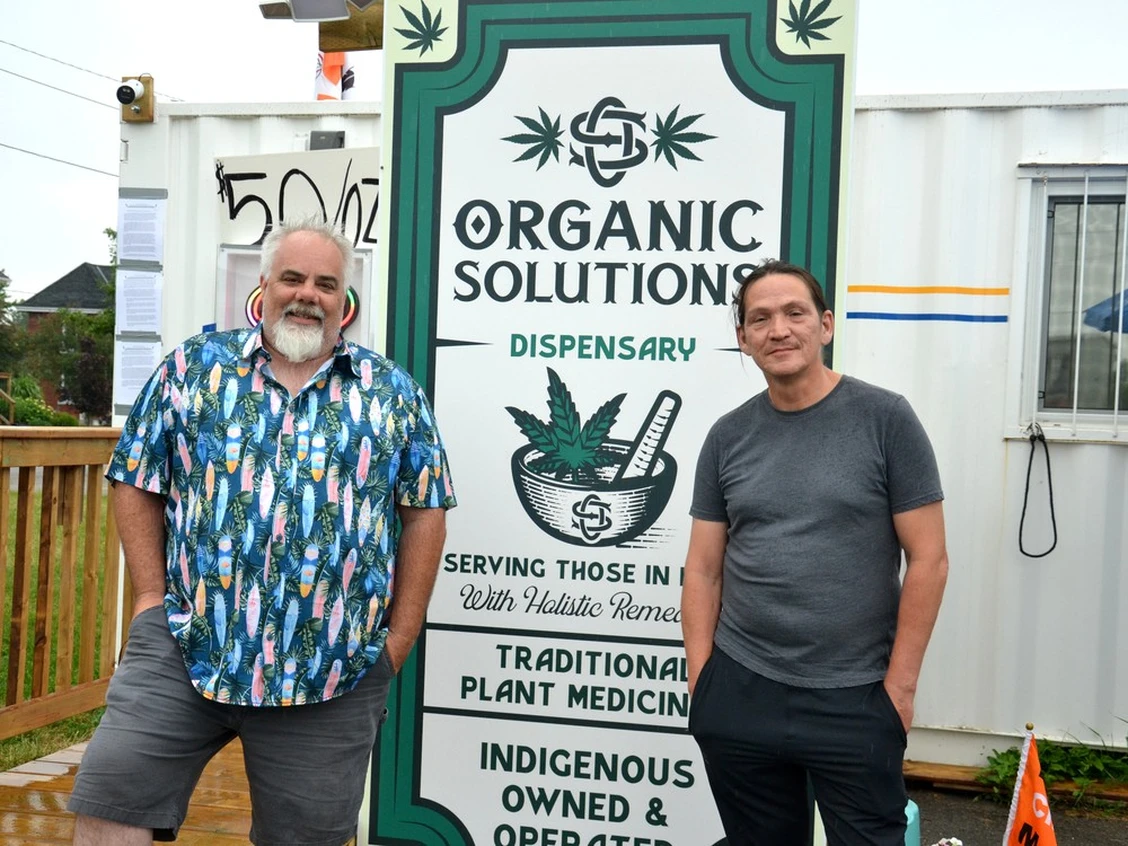


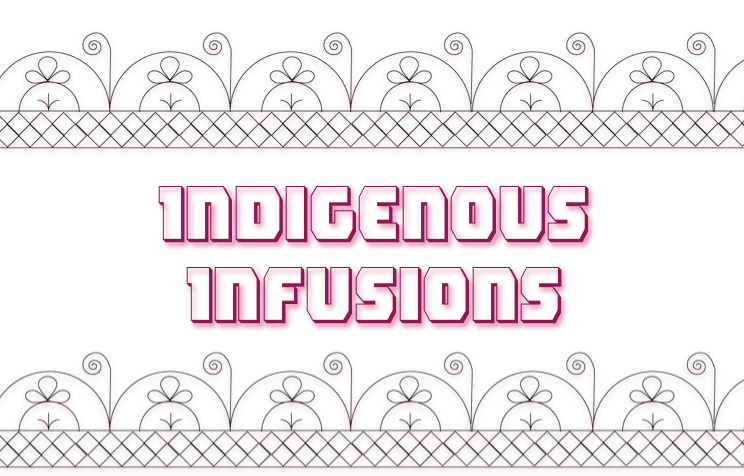


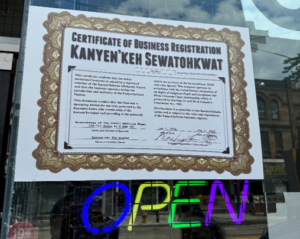


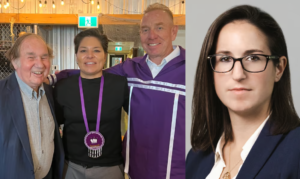
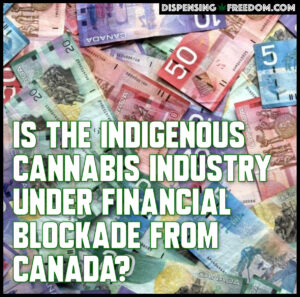

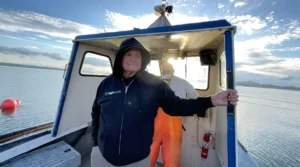
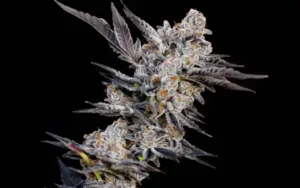



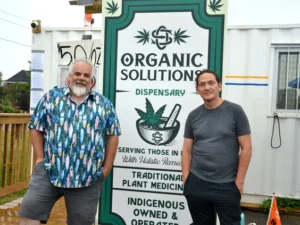
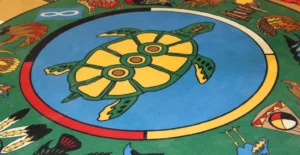
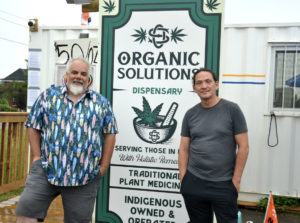
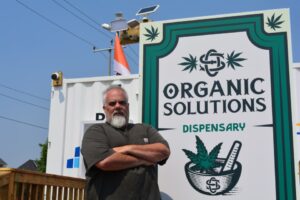
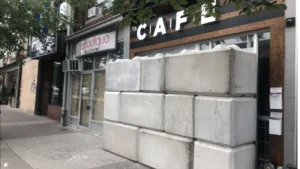
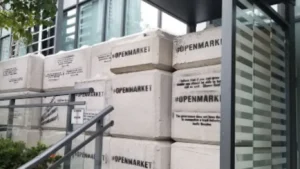
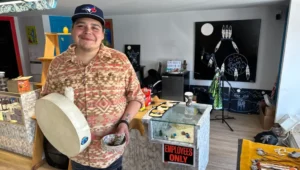
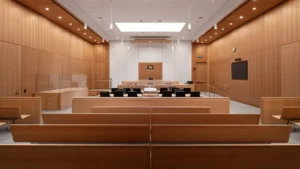

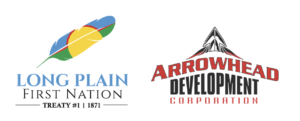
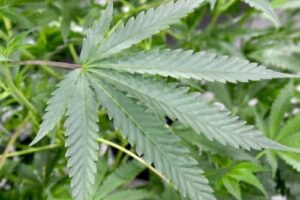
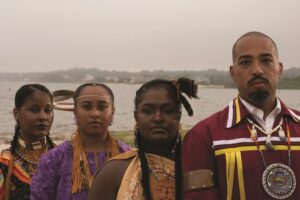
Comments are closed.